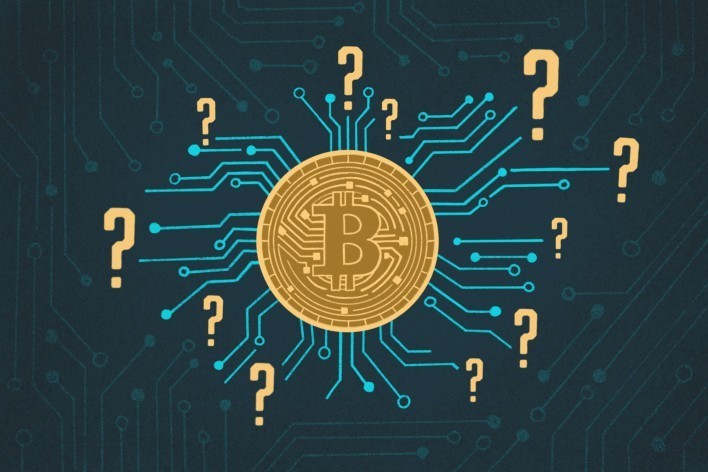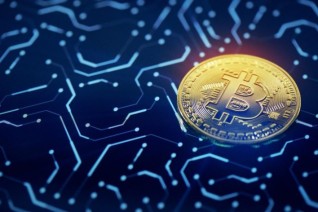What is cryptocurrency mining?
Cryptocurrency mining is a process that involves validating transactions on a blockchain network and adding them to the public ledger. It's an essential component of many cryptocurrencies, including Bitcoin and Ethereum, as it ensures the security and integrity of the blockchain. In this blog post, we'll explore what cryptocurrency mining is, how it works, and why it's important.
The Basics of Cryptocurrency Mining 🏗️
At its core, cryptocurrency mining involves solving complex mathematical problems. Here's a simplified breakdown of the process:
Transaction Validation:
- When someone sends cryptocurrency to another person, the transaction needs to be validated and added to the blockchain. Miners collect these transactions into blocks.
Solving Cryptographic Puzzles:
- Miners use powerful computers to solve cryptographic puzzles. These puzzles are computationally intensive and require a lot of processing power.
- The first miner to solve the puzzle gets to add the new block of transactions to the blockchain.
Proof of Work (PoW):
- The process of solving these puzzles is known as Proof of Work (PoW). It serves as proof that the miner has invested computational resources in solving the puzzle.
Reward:
- As a reward for their efforts, the successful miner receives a certain amount of cryptocurrency. This reward acts as an incentive for miners to continue validating transactions and securing the network.
How Does Cryptocurrency Mining Work? ⚙️
Mining involves a combination of hardware and software working together. Here's a closer look at the components involved:
Mining Hardware:
- CPUs and GPUs: Initially, mining could be done using regular computer CPUs (Central Processing Units). However, as the difficulty of mining increased, miners started using GPUs (Graphics Processing Units), which are more powerful.
- ASICs: Application-Specific Integrated Circuits (ASICs) are specialized hardware designed specifically for mining. They are much more efficient than CPUs and GPUs.
Mining Software:
- Miners use specialized software to connect their hardware to the blockchain network. This software performs the calculations needed to solve the cryptographic puzzles.
Mining Pools:
- Solo mining can be challenging due to the high computational power required. Many miners join mining pools, where they combine their resources to increase their chances of solving the puzzle and earning rewards. The rewards are then distributed among the pool members based on their contribution.
Why is Cryptocurrency Mining Important? 🛡️
Cryptocurrency mining plays a crucial role in the blockchain ecosystem. Here are some key reasons why it's important:
Security:
- Mining ensures the security of the blockchain by making it computationally expensive for attackers to alter the blockchain. To tamper with a block, an attacker would need to redo the Proof of Work for that block and all subsequent blocks, which requires immense computational power.
Decentralization:
- Mining helps maintain the decentralized nature of cryptocurrencies. It allows anyone with the necessary hardware and software to participate in the network, reducing the reliance on central authorities.
Transaction Verification:
- Miners validate transactions, ensuring that they are legitimate and preventing double-spending, where someone tries to spend the same cryptocurrency twice.
Environmental Concerns 🌍
While mining is essential for securing blockchain networks, it has raised environmental concerns due to its high energy consumption. Here are some points to consider:
Energy Usage:
- Mining requires significant electricity to power the hardware. This has led to concerns about the environmental impact, especially if the electricity comes from non-renewable sources.
Sustainable Solutions:
- Some cryptocurrencies are exploring alternative consensus mechanisms like Proof of Stake (PoS) that require less energy. Additionally, efforts are being made to use renewable energy sources for mining operations.
Conclusion 🎉🔗
Cryptocurrency mining is a vital process that ensures the security, integrity, and decentralization of blockchain networks. It involves solving complex cryptographic puzzles to validate transactions and add them to the blockchain. While it has environmental impacts due to high energy consumption, ongoing efforts are being made to make mining more sustainable. Understanding the basics of cryptocurrency mining helps in appreciating the technology and its role in the world of digital currencies.





